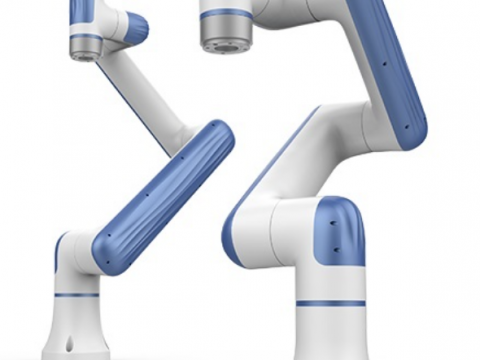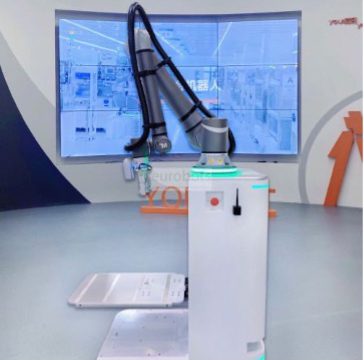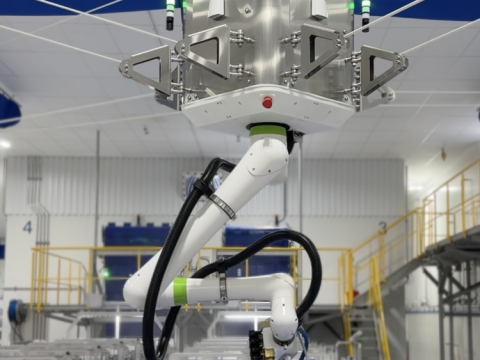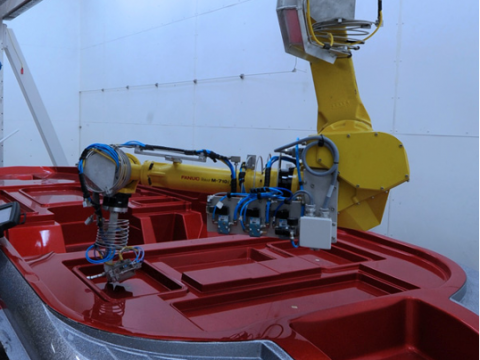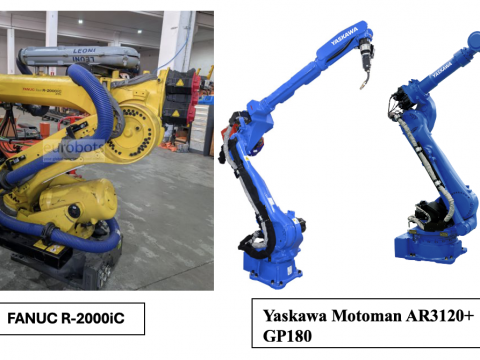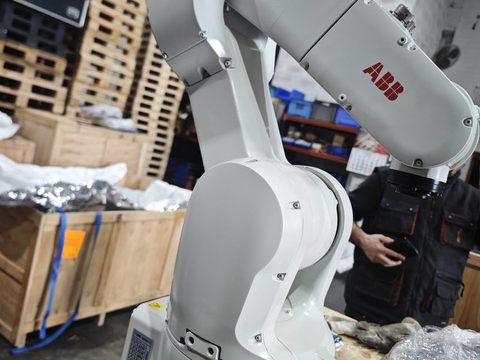ASSEMBLY ROBOTS: HOW YOUIBOT IS TRANSFORMING PRODUCTION LINES
In the modern industrial landscape, where speed, precision, and adaptability are paramount, assembly robots have evolved from being mere auxiliary tools to playing a crucial role in manufacturing processes. YOUIBOT, a specialist in intelligent and mobile robotic solutions, is at the forefront of this transformation, seamlessly integrating autonomous mobility with robotic arms capable of assembling,





